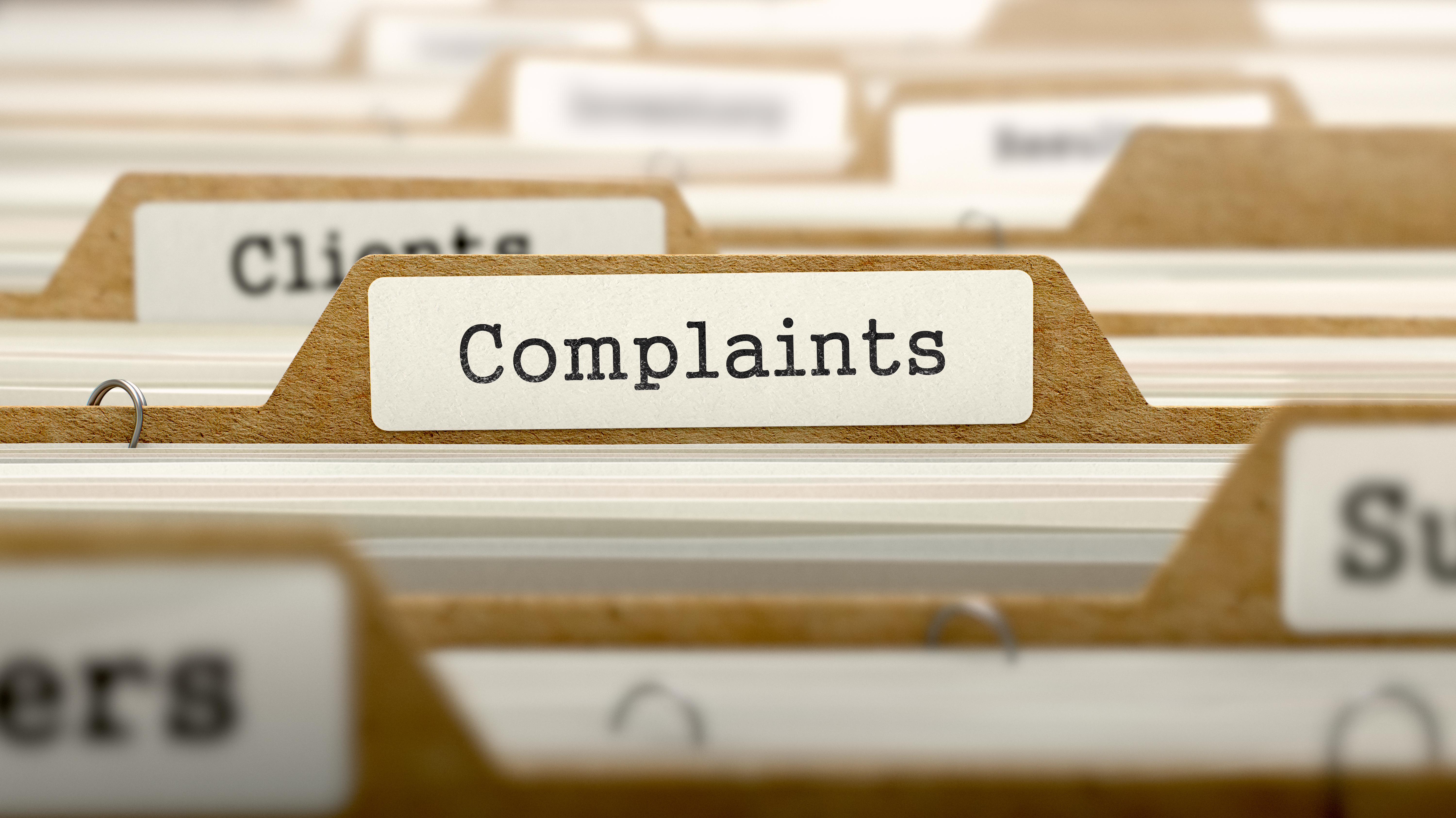6 Top Tips For Supporting Your Vulnerable Tenants in Rent Arrears
Rent collection can be a complex topic because there is no standardised solution for rent arrears cases. However, there are some steps you can take to help your vulnerable tenants feel supported throughout their difficult times.
Make sure your tenant understands their tenancy agreement
It is important that your tenant understands what they are legally signing up to. This is often misconstrued as solely the tenant’s responsibility – but as anyone renting their property to an individual, it is important that your tenant is fully aware of their role which goes beyond simply paying rent.
Understanding your tenants’ needs
A good way of getting to know what your tenant needs is by hosting an informal interview – this will also give you the chance to set out any expectations you may have. A tenant may be vulnerable for a number of reasons – whether they’re disabled, struggling with their mental health or addiction– having a conversation with them directly will give you an idea of who you are renting your property to and what extra measures you may have to take.
Early intervention
Even if you’ve explained your tenancy agreement and informally interviewed your vulnerable tenants, there is still a chance they could miss rent payments. Early intervention is the best solution; do not pressure or threaten your tenant as this may make matters worse – instead, you could refer them to financial support services or their local authority.
Seek support when necessary
If you or your organisation is struggling with collecting rent, seeking support and advice may help. However, all social housing providers must abide by legislation such as the Equality Act 2010 and the Care Act 2014, so you’ll want to make sure you are on the right side of the law when enforcing collection, especially when dealing with vulnerable tenants.
You can register your interest in our next Effectively Reducing Rent Arrers Training Course here.
Stay up to date
The Coronavirus Act 2020 prevented landlords from evicting tenants between 29th August 2020 and 31st May 2021? Staying up to date with the most recent housing legislation will allow you to determine how you can best support your vulnerable tenants in the current climate. Where necessary, it is vital to keep your tenants up to date with this information too.
Resorting to eviction last
Jumping into the eviction process as soon as a tenant misses a payment will probably do more harm than good. The key is to support your tenant in every way possible before thinking about evicting them. However, if you have exhausted all options and have decided to evict your tenant, be sure to make sure you are following the correct procedures.
If you found this helpful and want to know more about how you can support your tenants, you may want to check out our Giving Social Housing Tenants a Voice blog.




